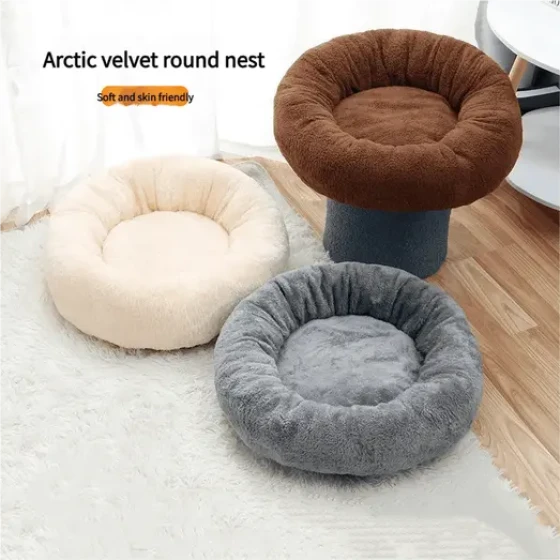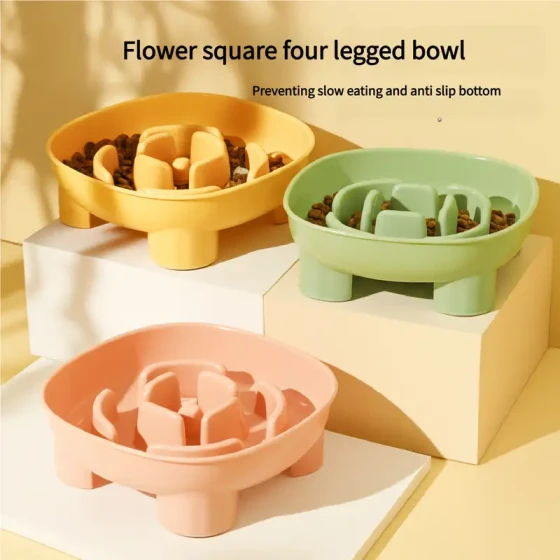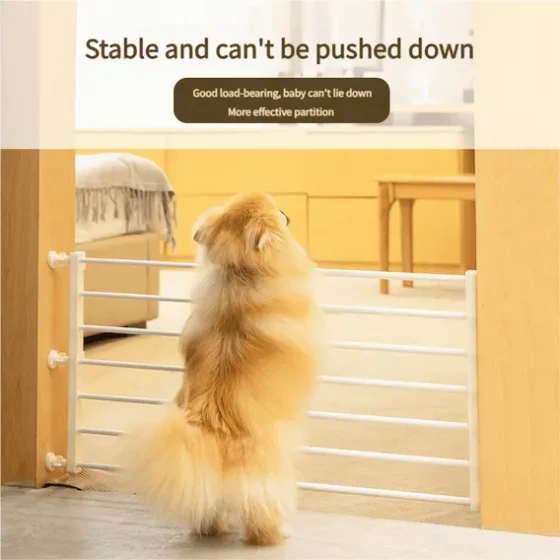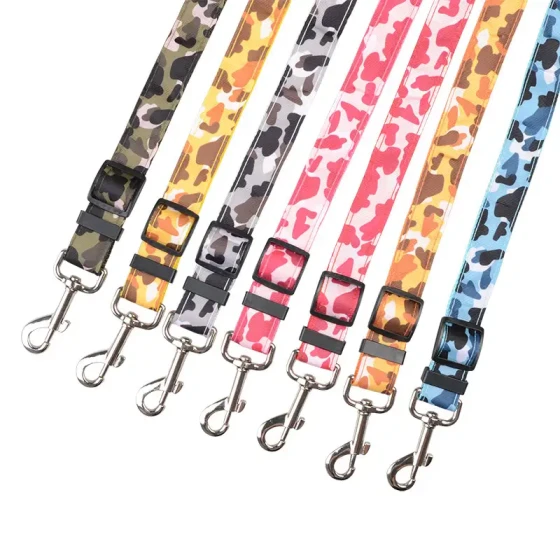Key Points of Health Management for Huskies in Different Seasons

Husky Puppy
In many places, the changes throughout the four seasons are very distinct, especially the temperature variation. To ensure Huskies remain healthy throughout the year, it is necessary to constantly adjust management priorities according to the seasonal changes, and evaluate the Husky's health based on its physical condition.
1. Health Management for Huskies in Spring
Spring, due to its favorable climate and fewer special diseases, is the most suitable season for raising Husky puppies. At this time, special attention to keeping warm is not required, making it the best period of the year.
As the weather gradually warms day by day, the winter coat will gradually shed, so daily grooming with a comb and brush is necessary to remove loose fur. Bathing three times a month is advised. Special attention should be paid to April each year as it is the period for rabies vaccination and dog breed registration.
2. Health Management for Huskies in Summer
Dogs have strong cold resistance but weak heat resistance. The high temperatures in summer cause them discomfort and suffering. At this time, it’s advisable to shave the body hair short. Good ventilation prevents skin diseases and also helps prevent parasites like fleas. Bathing is easier and can be done once a week. There are many summer diseases such as parvovirus, food poisoning, heat stroke, sunstroke, heartworm disease transmitted by mosquitoes, eczema, etc., so careful care is necessary. Also, never forget to provide fresh drinking water at all times.
3. Health Management for Huskies in Autumn
This season is also the time for rabies prevention injections, so do not forget to get vaccinated.
Autumn is when the appetite is the strongest during the year. Use this opportunity to eliminate summer fatigue and strengthen endurance for winter. Especially for indoor dogs living in apartments, overeating and lack of exercise can easily cause obesity, so sufficient exercise should be ensured.
Autumn is the season when dogs "change clothes"; shedding is very heavy. Besides using a comb and brush to remove loose fur, an appropriate amount of vitamin E should be given to promote new hair growth.
4. Health Management for Huskies in Winter
Winter is the scary season for colds and distemper (detailed introduction). Small indoor dogs need to be kept warm. For outdoor dogs, eaves and windboards should be rechecked for protection, and warmth must be maintained. When dogs sleep, their heads must remain outside the blanket. Walks should only be taken during the day. At night or in bad weather, dogs must wear a "coat." Food should have a higher fat content to increase calories. On sunny days, sunbathing is recommended.





